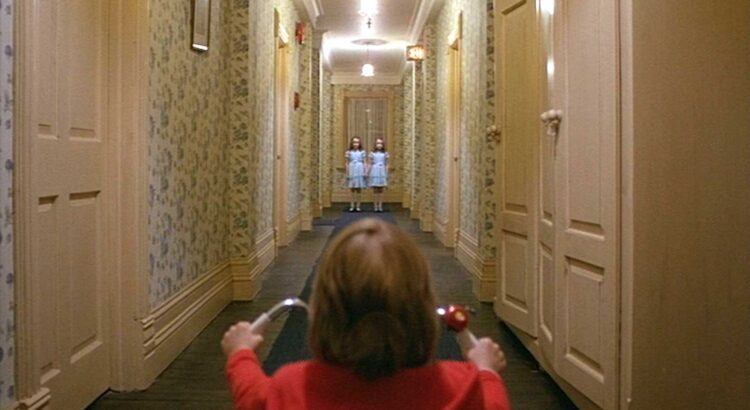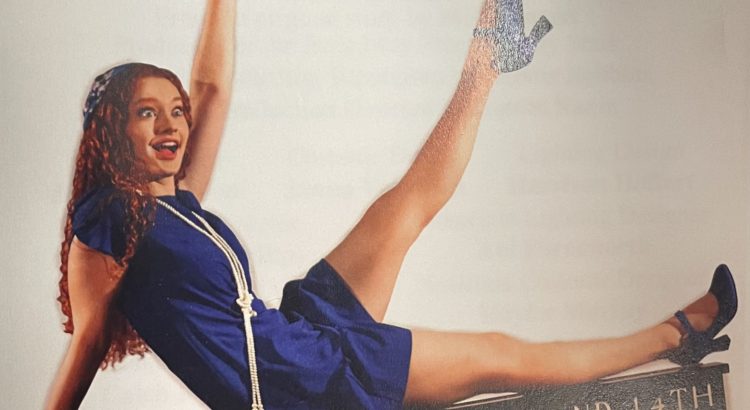On yet another numbingly cold night in Ann Arbor, the Michigan Theatre stood dazzlingly bright amongst the empty streets, promising warmth and the excitement of another cult classic in its Late Nights at the Michigan series. If you have a pulse and live in America, you either know about Fight Club or you’ve seen it. Regarded as David Fincher’s directorial masterpiece, or at least undeniably his most popular film, the 1999 dramatic thriller offers everything that other films don’t: a seemingly insane and ripped Brad Pitt, a smoker who attends meetings for cancer patients, and a plot twist that leaves you analyzing every scene of the film for days on end. The plot can’t be explained without ruining the fun, but be aware that every scene packs a punch and leaves you breathless.
Also revered for Gone Girl and The Social Network, David Fincher’s distinct style is what makes Fight Club a masterpiece. Sharp monologues and witty dialogue inject life into the characters, somehow sculpting believable people that are so bizarre and morally corrupt that the concept of hero versus villain goes out the window. Once you become fully invested in the unpredictable lives of these troubled people, Fincher draws you in with clever shots and action sequences, balancing bloody fists with genius cinematography and a bold anti-capitalist war cry. The plot never stays in one place, constantly escalating and spinning, but the ride is exhilarating and somewhat relieved by clever deadpan humor. Each shot is a stunning puzzle that offers perfectly placed hints. Fight Club is a total psychological riddle garnished with tasteful edginess and outright fury— a dangerous recipe that Fincher does best.
My admiration grows with each movie screening I attend at the Michigan Theatre. Historic and timelessly elegant, the theatre somehow still feels cozy, offering a sense of community through the collective anticipation that all moviegoers feel. There is something especially magical about an energized group experience in the midst of a lonesome pandemic. Throngs of students chatting and munching popcorn on a weekend night is an almost forgotten spectacle. The Michigan Theatre’s elaborate COVID-19 precautions ensure that the experience is free of anxiety, allowing a couple of hours of carefree escapism into a world untainted by COVID numbers and homework deadlines. If you find yourself longing for a temporary vacation from the burdens of college life, or you’re noticing that your Friday nights could use more excitement, check out the Late Nights at the Michigan series. Upcoming screenings include Princess Mononoke, Star Wars: Episode II, and The Princess Bride. Student tickets are only $8.50, so get them while you can!








